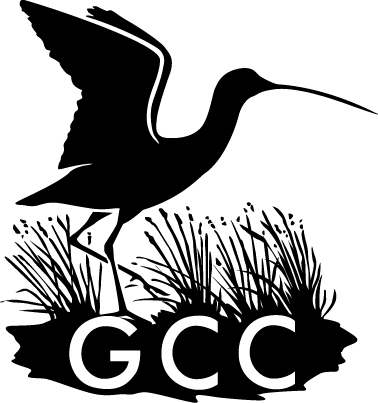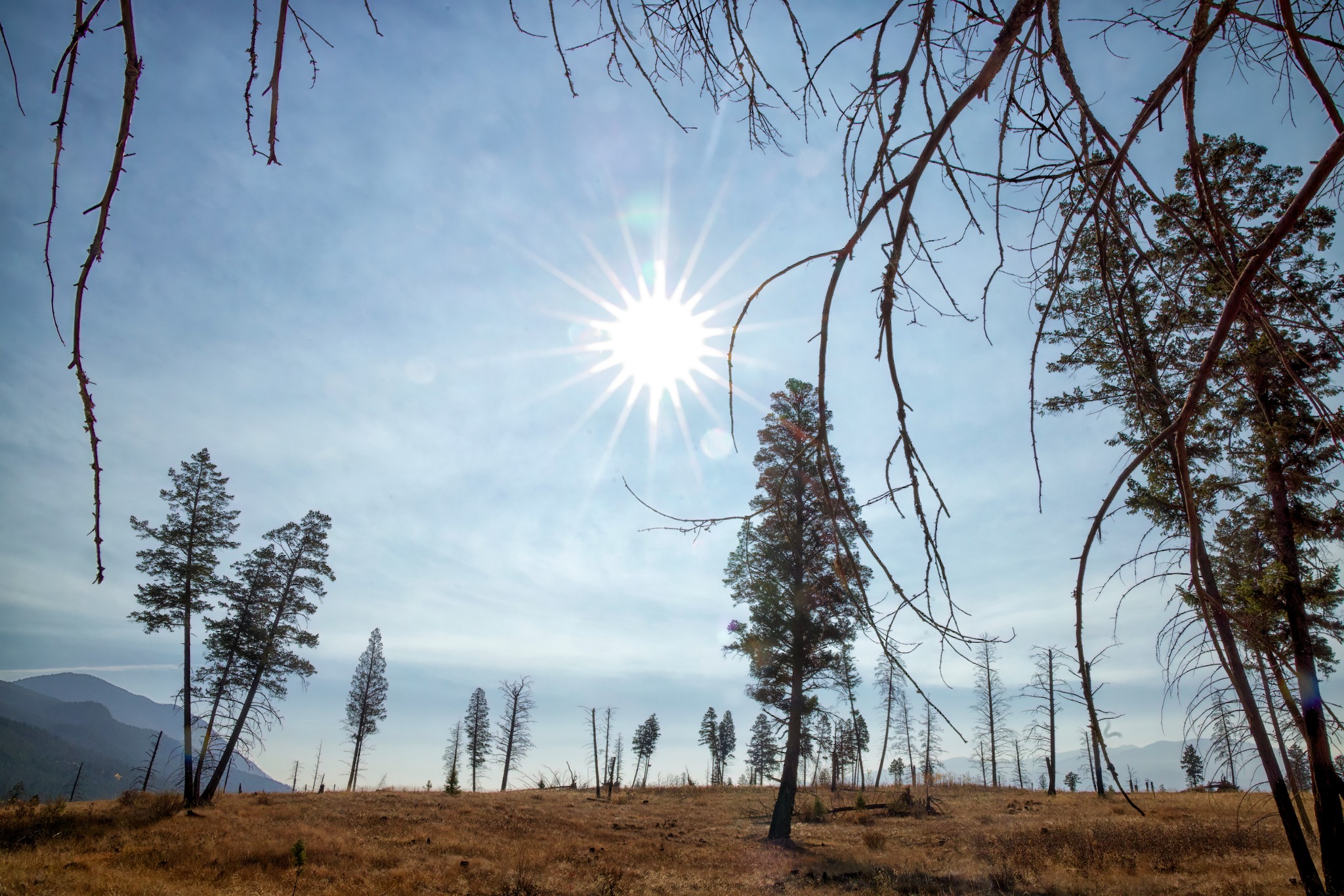This Event has been rescheduled to October, 16, 2025.
Event description:
In the East Kootenay region of southeastern BC, there are about 46,415 ha of grasslands that occupy the benches and steep, south-facing slopes above the main rivers and some of their tributaries.[i], [ii] They stretch from the Canada/United States border, an area known as the Tobacco Plains, north to near Radium.[iii] These grasslands – land dominated by grasses where tree cover is low to absent – also include other grass-like plants, forbs (broad-leaved herbs), and shrubs. The majority (63%) of the grasslands in the East Kootenay are on provincial crown land. Of these, almost 90% (~22,800 ha) are under a grazing tenure.[iv] These areas are often referred to as rangelands – uncultivated lands that support grazing and habitat for hundreds of species of native wildlife and plant communities.[v] In addition to a broad array of ecosystem services and culturally significant relationships with native plant and wildlife communities, these habitats provide grazing for domestic livestock.
Humans have evolved in connection with grasslands and rangelands. Healthy grasslands are tied to Indigenous food sovereignty, and food security which is particularly relevant to hunting, ranching and farming. However, these grassland environments are threatened worldwide, with the loss of an estimated 50% of rangelands in the East Kootenay region since the 1950s.[vi] Grassland ecosystems also sequester large amounts of carbon, yet are particularly vulnerable to climate change.
The purpose of this gathering is to tell stories, share knowledge, and explore ideas and solutions for improving grassland and rangeland health in the East Kootenay. This event will explore the related implications of changing grasslands in the East Kootenay for wildlife and livestock forage, vulnerable grassland-dependent species, Indigenous and regional food security, wildfire risk reduction, and invasive species. To this end, a multidisciplinary group of scientists, First Nations, natural resource professionals, land managers, and ranchers will gather to discuss current land management challenges, initiatives, knowledge gaps, and the cumulative impacts to ecosystem health. The underlying assumption guiding this event is that if you improve grassland health through restoration, protection, and stewardship, then you improve conditions for wildlife, grassland ecosystems, and communities whose cultures and livelihoods are tied to these spaces.
This event will include presentations including interview footage from a series of Indigenous Ktunaxa and Secwépemc knowledge keepers, panel discussions, field tours, and posters that share recent science, the current state of rangelands in the East Kootenay region, case studies from other regions to help inform potential restoration and rangeland management practices, and decolinized food systems as they relate to grassland health. A key objective of this event is to produce a proceedings document that includes a summary of recommendations to improve ecosystem health and services.
Preliminary Speaker list & agenda
See here for the DRAFT AGENDA, know that minor changes can be expected. A sample of invited speaker bios can be found here.
Day 1: Plan for a full day and evening of engaging presentations, including an evening keynote talk free and open to the public. Check-in on this day starts at 8:30am MT
Day 2: Another full day with a morning of presentations and an afternoon of strategic small group discussions to synthesize the learning from the conference, drawing on the wisdom of everyone present
Day 3: Plan to be in the field with a team of facilitars from about 9am to 1pm
Who should attend this event?
CMI meetings attract people from a variety of disciplines and professions. This event will inform and gather Indigenous community members and representatives, scientists and ecologists, agricultural leaders, land and resource managers, government decision-makers, and community members (i.e., hunters and ranchers). Additionally, this symposium will be of use to post-secondary students studying and monitoring grassland ecosystems and rangelands.
Call for posters and displays has been extended to Sept 5, 2025
Posters and displays that tie into the following call themes are welcomed:
- Rangeland ecosystem dynamics and monitoring: relationships between rangeland health and productivity in so far as being able to provide the values we all benefit from;
- Vegetation ecology for the rangelands in the East Kootenay area and comparable areas including grasses, grazing plants, and culturally important plants;
- Role of forest management for grassland health;
- Rangeland-dependent ungulate ecology including nutrition and interactions between wildlife and livestock;
- Water systems and hydrology in grassland ecosystems of the East Kootenay;
- Invasive species threat and management in rangelands and grassland ecosystems;
- Species at Risk conservation in rangelands and grassland ecosystems;
- Fire ecology and cultural fire in rangelands and grassland ecosystems;
- Best practices and case studies of adaptive management in rangeland ecosystems;
- Climate impacts, resilience, and management responses for grassland and rangeland health;
- Food security and ranching considerations for healthy rangelands and grassland ecosystems in the context of UNDRIP.
All presenters are asked to refer their presentation back to the central question of the symposium:
What practical recommendations do you have that would improve the maintenance or enhancement of grassland ecosystem health and related ecosystem services of the rangelands in the East Kootenay?
If you would like to submit a proposal, please send title, abstract (max. 300 words), a short bio, and full contact information to the Columbia Mountains Institute. See the submission guidelines prior to submission.
Note that all presenters will need to register for the event unless otherwise arranged, and submit a written summary of their presentation for a proceedings document by May 9th, 2025. The proceedings will be available as a free PDF download on the CMI website.
Agenda:
5-6pm Dinner buffet at The Biscuit, pay your own dinner costs onsite
6-8pm GCC AGM
8-9pm Discussion on GCC’s current projects and potential grassland projects in the East Kootenays
Registration
Non-member rate: $375
*CMI member and presenter rate: $325
*You can renew membership/become a member while you register. See more about CMI membership here
If these registration rates are posing a barrier to your participation, please get in touch with us: office@cmiae.org
Grasslands Council of BC AGM: You’re invited!


